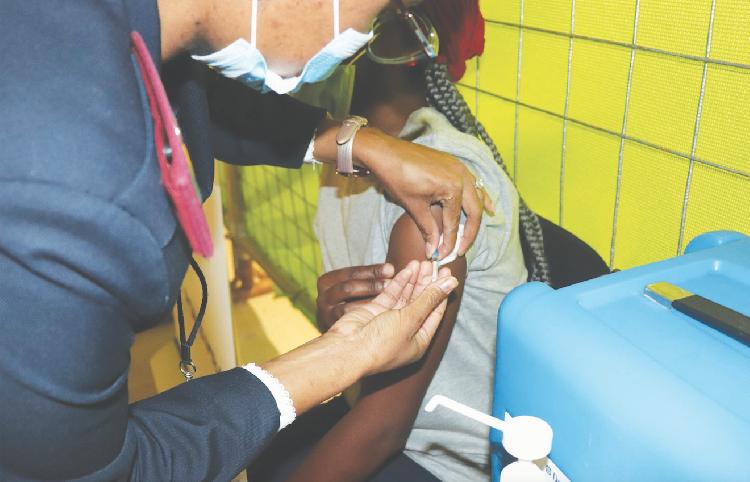Africa-Press – Namibia. RIGHT ACROSS THE globe governments and public health experts are concerned that the standard “information and education” approaches to encouraging vaccination are inadequate to get their populations to herd immunity through vaccinations.
This raises the question as to what can be done to bump up vaccination rates. The most obvious incentive is financial, and some governments and businesses elsewhere in the world have already started to roll out such incentives.
Although such incentives could range from cash, savings certificates and even lotteries, to free beer and doughnuts, such incentives may offset at least some of the indirect costs of vaccination – especially to the poor whose finances may be a real obstacle to getting vaccinated.
Economists would argue there is a role for government interventions, typically through subsidies and incentives, to redress externalities (when individuals’ actions have negative effects on other people).
Vaccination confers a positive externality, protecting other people as well as the vaccinee, making the case for incentivising those who are willing to get vaccinated.
Although financial incentives may be successful (albeit in a small way) in some countries or among some segments of the population, cash-strapped governments are unlikely to consider this a viable and sustainable option – especially if booster shots and follow-up campaigns are required in future.
In others it may not be the best and most efficient option available, and if implemented could further fuel anti-vaccine and anti-government sentiments.
It may also create new opportunities for the misuse of public funding, and other forms of corruption. If financial incentives will not have the desired effect in low-income countries, what alternatives are available?
Firstly, government agencies and organisations working with patients, old and frail individuals, and other vulnerable people could mandate vaccinations for their employees. Such organisations could include hospitals, clinics, and old-age homes. Such a mandate would include all staff, not just healthcare workers.
Secondly, many governments have already started implementing social incentives by limiting access to activities that involve person-to-person contact to those who are fully vaccinated.
Included are bars and restaurants, gyms, movie theatres, sport events, festivals, large religious gatherings, and places of higher learning. In Namibia this mandate would cover nearly all tourism establishments and activities (such as hotels and lodges, and car-rental agencies), formal and informal markets, and shebeens.
A mandate of such nature would also boost future traveller confidence. A third option would be to raise health and life-insurance premiums for those who forego vaccination.
This approach could redistribute the higher expected healthcare costs in a way that is fair to people who have already been vaccinated. Several months into the vaccination drive, Namibians continue to show significant vaccine hesitancy.
The desire to return to ‘normal’ is not the powerful motivator many believed it would be, and thus far the Namibian government has shown little political will or capacity to deal with the problem.
It is therefore likely that the private sector would be looking to incentivise the population through policies of the kind mentioned before. The broader the range of organisations that adopt such policies, the bigger the proportion of the population that would opt for vaccination. One solution would not fit all. *Christie Keulder is a researcher at Survey Warehouse.






